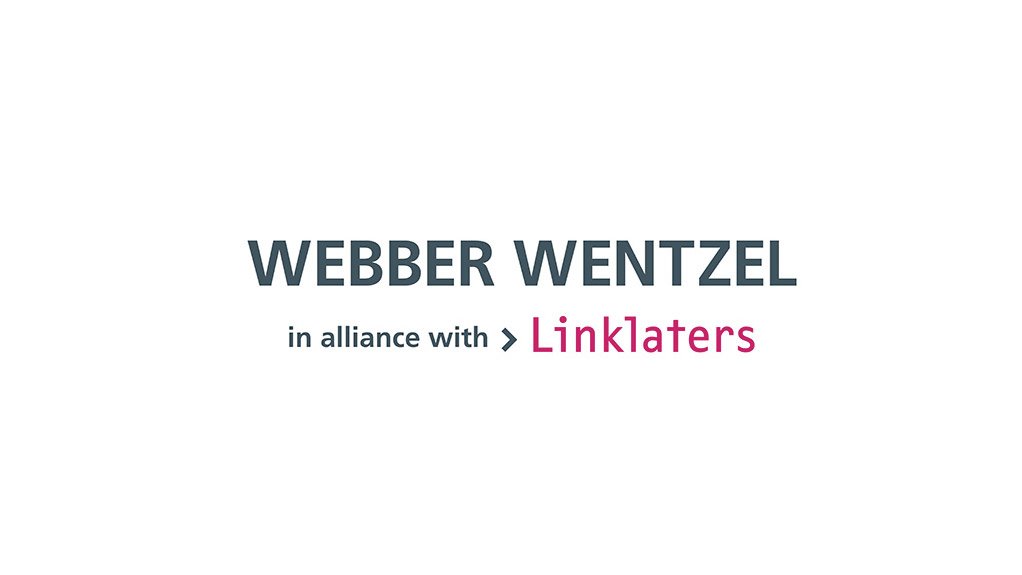In a recent decision, the Labour Appeal Court (LAC) found that a mining house unfairly discriminated against an employee on the grounds of pregnancy. The employer had failed to place her in an alternative position prior to maternity leave because it was her second pregnancy in three year.
Facts
The employee was employed as an underground heavy-duty truck driver by Samancor Chrome Ltd (Eastern Chrome Mines).
She fell pregnant for the second time in a three-year period and informed Samancor Chrome on 28 May 2014. In line with the employer's policies, she was relieved of her hazardous responsibilities underground with immediate effect. She was to commence maternity leave on 29 November 2014. Samancor Chrome informed her that it was unable to find her a suitable alternative position and therefore she was placed on unpaid leave from 4 June to 28 November 2014.
The employer's procedure on pregnancy in the workplace was that:
- The employer may offer suitable alternative employment to any employee during pregnancy and breast-feeding if the employee is engaged in high-risk work and it is reasonably practicable.
- If no suitable alternative work is possible, then the employee would be placed on unpaid leave.
- Paid maternity leave would only be applicable once during a three-year cycle. If an employee took maternity leave twice in a three-year cycle, the second occurrence would be unpaid maternity leave.
The employee claimed that the employer unfairly discriminated against her on the grounds of pregnancy, in failing to place her in an alternative position for the period 4 June to 28 November 2014, ie the period before she went on unpaid maternity leave.
The CCMA found that the employee had been unfairly discriminated against on the grounds of pregnancy. The arbitrator took into account that another employee, who had reported her pregnancy a few days after the employee, was offered an alternative position. Although it did not fall within the dispute before him, the arbitrator ordered that Samancor Chrome’s policy on pregnant employees was problematic and must be redrafted. The arbitrator also ordered the employer to pay the employee compensation of 20 000 ZAR for the impairment of her dignity and self-esteem, as well as damages equivalent to 5 months’ remuneration.
Samancor Chrome appealed to the Labour Court, which found that the employer had discharged its obligation to prove that no discrimination took place and that the employee was placed on unpaid leave as suitable alternative employment was not available. The employee then appealed the matter to the LAC, which found that the arbitrator could not award damages to the employee as this issue was not placed before the CCMA. The LAC also found that the arbitrator erred in ordering the employer to redraft its policy, as this was also not an issue before him. The LAC, however, found that the employer differentiated the employee from other employees on the basis of her pregnancy for a second occasion in a three-year cycle. The employer failed to show that the discrimination was rational and not unfair (or otherwise justifiable).
The employer's decision not to place the employee in an alternative position constituted unfair discrimination. Damages were not proven by the employee so the LAC did not order the employer to pay damages, but it ordered the employer to pay the employee the salary she would have earned if she had been placed in alternative employment from 4 June 2014 to 29 November 2014.
Under a previous judgment of the Labour Court, where an alternative position was not available to a pregnant employee, unpaid leave was awarded prior to maternity leave and it was found not to constitute unfair discrimination. This case, however, turned on the fact that the employee was not afforded alternative employment for the period leading up to maternity leave, when another pregnant employee was afforded alternative employment a few days after the first employee was placed on unpaid leave.
This judgment is important for employers in industries where pregnant employees perform high-risk work and must be removed from their workplaces pending maternity leave. Employers should take care to be fair in implementing their policies dealing with alternative placement of pregnant employees.
Written by Lizle Louw, a Partner and Shane Johnson, a Professional Support Lawyer at Webber Wentzel
EMAIL THIS ARTICLE SAVE THIS ARTICLE ARTICLE ENQUIRY
To subscribe email subscriptions@creamermedia.co.za or click here
To advertise email advertising@creamermedia.co.za or click here











